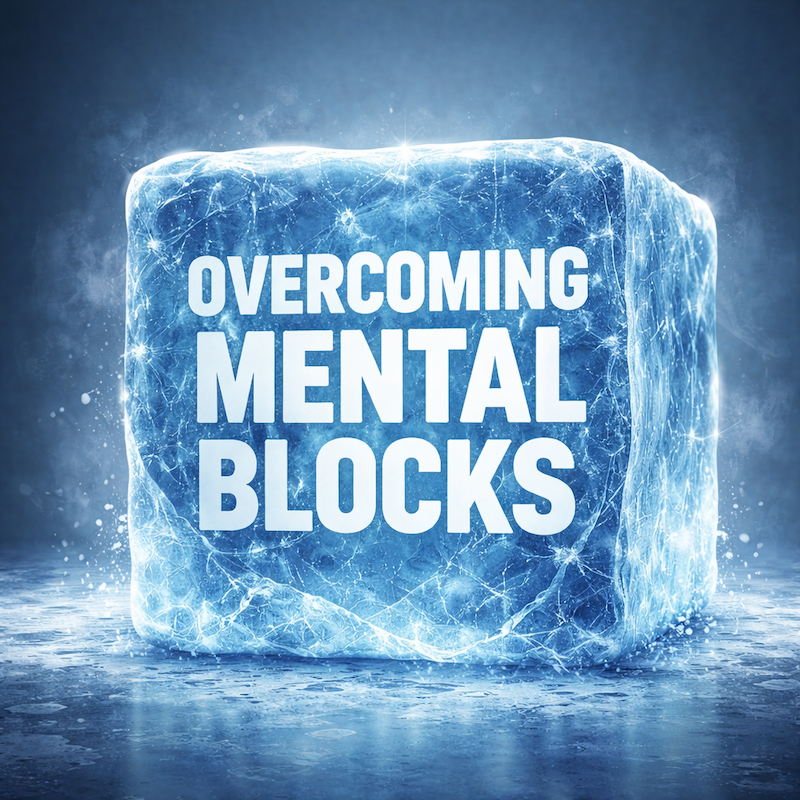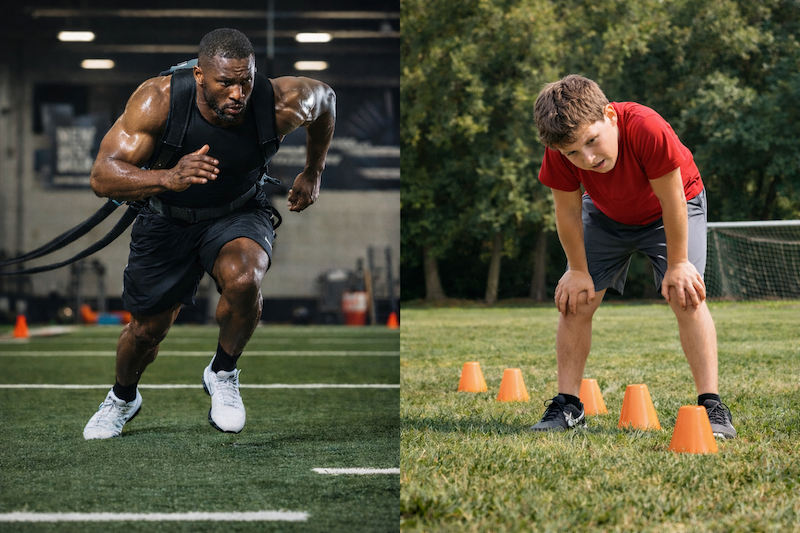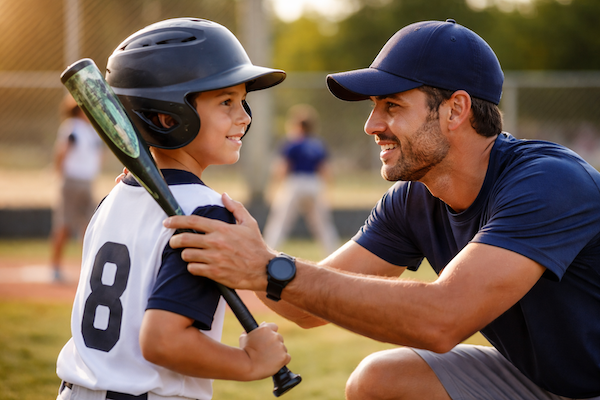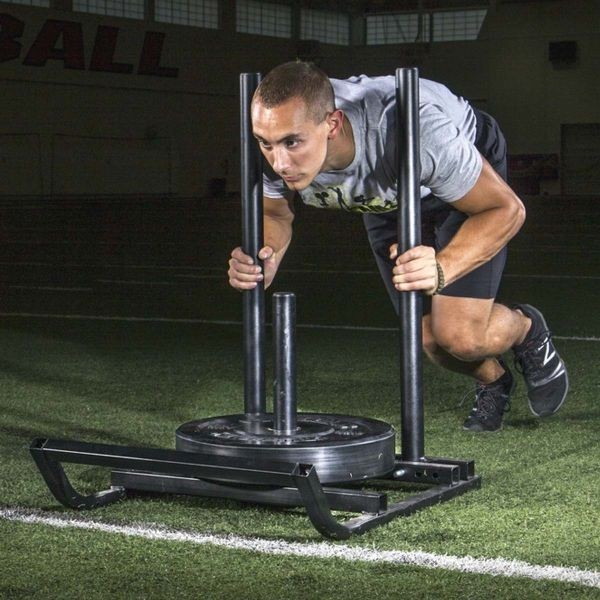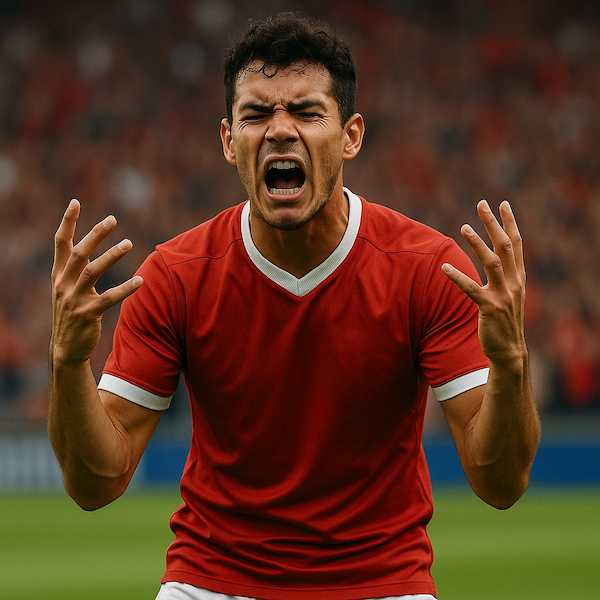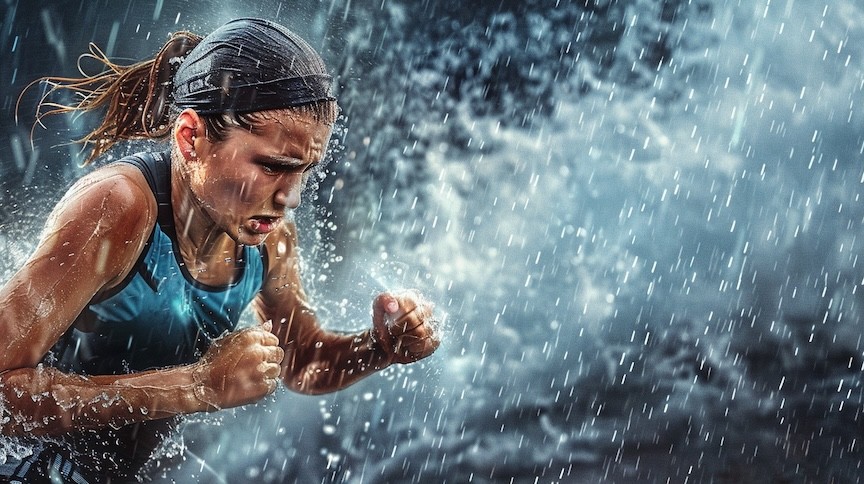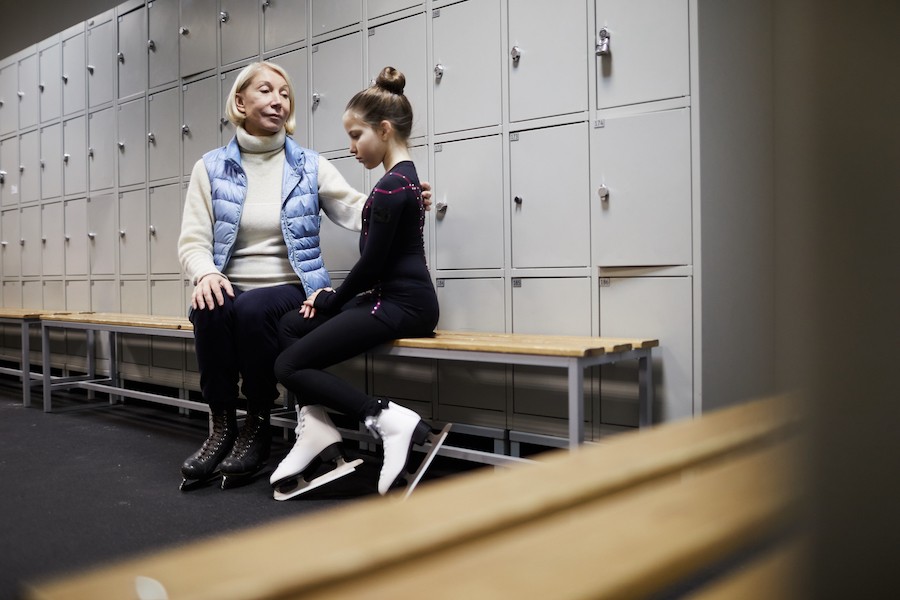Pembroke Pines
The Real Difference Between Professional Athletes and Amateurs
At SPMI we work with some of the best professional and junior athletes in the world as well as many more talented athletes who also are aspiring for greatness. And one of the most common questions that are asked are about what truly distinguishes professional athletes from amateur ones. When people talk about the difference between professional athletes and amateurs, the conversation usually starts with talent, speed, strength, or skill. While those factors matter, they are rarely what separates athletes at the highest levels.
Why The Cost of Inaction is Greater Than the Cost of Action in Sports
Why Sports Are One of the Most Powerful Investments in Your Child's Future
Today’s children are growing up in a world marked by rising anxiety, fear of mistakes, and increasing pressure to be perfect. Many young people struggle with stress, self-doubt, and the emotional weight of expectations. One of the most effective ways to counter these challenges is through sports, an environment uniquely designed to build strength, resilience, and confidence from the inside out.
Why Struggle Shapes Champions: The Science Behind Becoming Anti-Fragile
Why Time-Related Focus Is One of the Most Damaging Mental Mistakes in Sports
Athletes make countless mental errors that can disrupt performance, but few are as common or as harmful as focusing on time.
Are You Helping or Hurting? How over-nurturing affects young athletes
Raising Resilient Athletes: 5 Power Solutions
Building resiliency in junior athletes is more important than ever before. In modern society, youth athletes are raised in environments that are more comfortable and where immediate gratification is at their finger tips every step of the way. Although technology has its advantages, studies show that it has also made junior athletes more sensitive to the stressors of training and competition. Simply put, athletes emotionally feel struggles more than in the past.
Rediscover Having Fun in Sport & Break Free From Pressure
Performance and results are the number one goals driven in sports society. These two facets of sports are at the forefront for so many athletes starting at a young age. Millions of young athletes every year are constantly bombarded by comparison of other athletes. Much comparison is done through the use of various metrics such as ranking, times, points, and more.
The Science Behind The Zone: 8 Powerful Benefits
At SPMI, almost every athlete’s goal is to achieve a peak performance state often referred to as a flow state or the zone. This mental state provides the maximum benefits for athlete, ensuring optimal mental performance. A peak performance state, often referred to as a “flow state” is when the athlete’s brain operates in a unique and highly efficient way.

